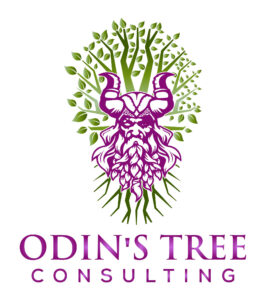The role of Human Resources (HR) has evolved from a mere administrative function to a strategic partner driving organizational success. To effectively attract, engage, and retain top talent, HR departments must embrace the principles of marketing and communications. This article explores the importance of adopting effective marketing and communications strategies in HR and provides insights on how organizations can leverage these practices to enhance their HR functions.
Building a Strong Employer Brand:
Just like marketing teams build strong brands to attract customers, HR departments must develop a compelling employer brand to attract and retain top talent. Effective marketing techniques, such as market research, segmentation, and positioning, can be applied to HR to understand the needs and preferences of potential candidates. By aligning the organization’s values, culture, and unique selling proposition, HR can create a compelling employer brand that differentiates the organization from competitors and appeals to the desired talent pool.
Crafting a Compelling Employee Value Proposition (EVP):
An essential aspect of effective marketing is defining and communicating the value proposition to customers. In the context of HR, this translates to creating an Employee Value Proposition (EVP) that outlines the unique benefits and rewards employees can expect from working with the organization. HR can utilize marketing and communication strategies, such as storytelling, testimonials, and targeted messaging, to effectively communicate the EVP to current and potential employees. By highlighting the organization’s culture, career development opportunities, work-life balance, and other key factors, HR can attract and engage top talent who resonate with the organization’s EVP.
Utilizing Effective Recruitment Marketing:
Recruitment marketing is a critical component of HR’s efforts to attract qualified candidates. By leveraging marketing techniques, such as creating compelling job descriptions, utilizing social media platforms, and engaging in targeted advertising, HR can effectively reach and engage potential candidates. Moreover, HR can leverage data analytics to measure the effectiveness of recruitment marketing campaigns and make data-driven decisions to optimize their strategies. By adopting marketing principles, HR can ensure that job opportunities are effectively communicated, resulting in a wider pool of qualified candidates.
Engaging and Retaining Employees:
Effective communication is the cornerstone of employee engagement and retention. HR should employ various communication channels, including intranets, newsletters, town hall meetings, and regular feedback sessions, to keep employees informed and engaged. Additionally, HR should use marketing techniques, such as segmentation and personalization, to tailor communications based on employee preferences. By consistently communicating the organization’s goals, values, and updates, HR can foster a sense of belonging, enhance employee satisfaction, and reduce turnover rates.
HR departments must adapt and embrace effective marketing and communications strategies to attract, engage, and retain top talent. By building a strong employer brand, crafting a compelling EVP, utilizing recruitment marketing, and fostering effective employee communication, HR can position itself as a strategic partner, contributing to the overall success of the organization. By investing in these practices, organizations can create a competitive advantage in the talent market and drive long-term growth.




